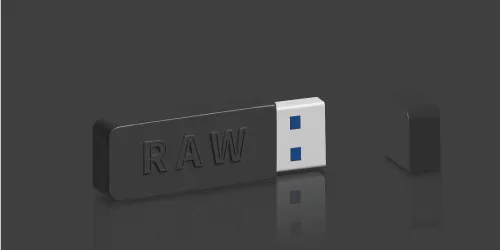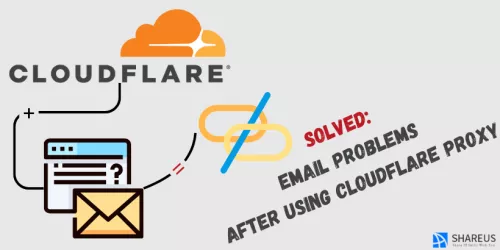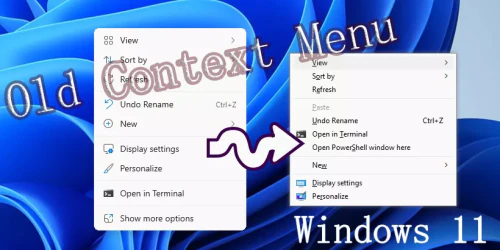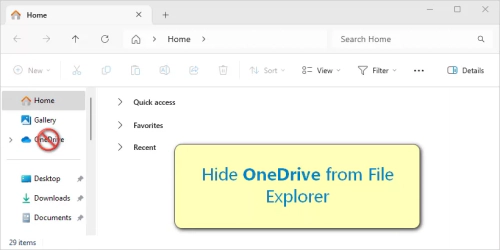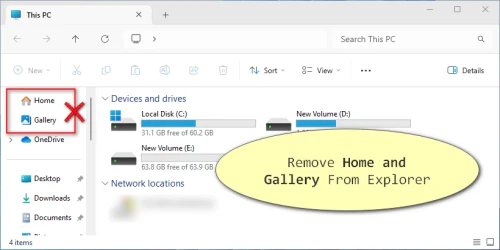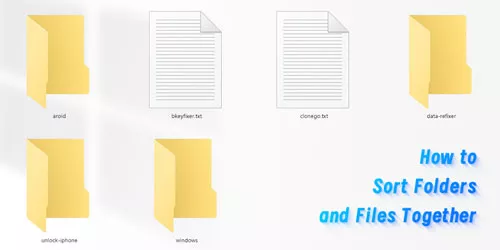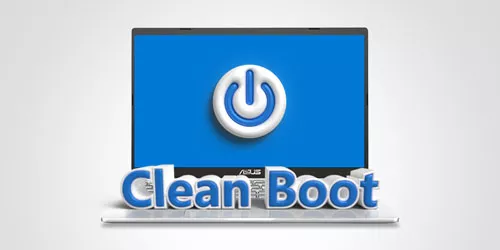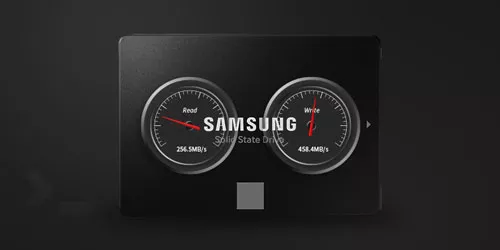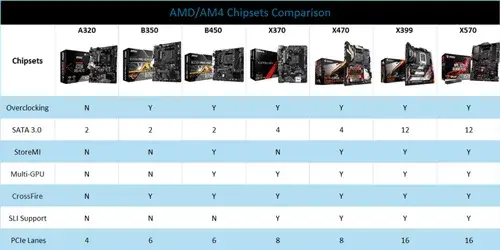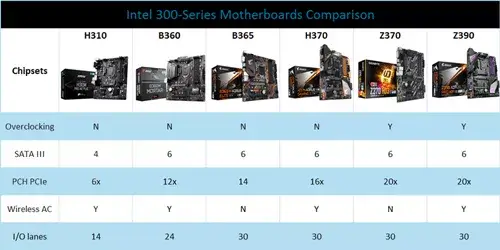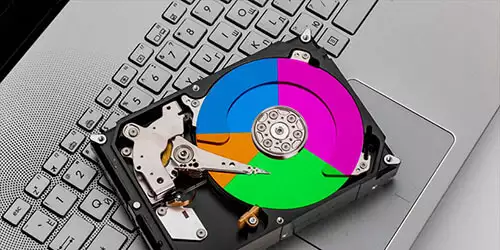Fear of Important Video Files being Peeked at? Try These 5 Encryption Ways
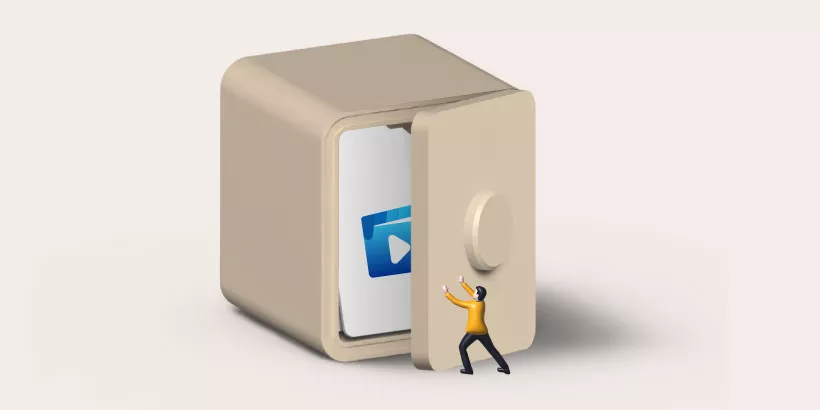
I believe that many important and secretive video files are stored on your computer that you don't want anyone to peek at. In our last article, we've learned how to protect our private photos with password on USB drive.
For encrypting video files, I'd like to show you 5 simple methods which can secure your information effectively.
Method 1: Make your file hidden
This method is more basic, you can just hide the folder from others to find it easily.
Step 1: For the folder that need to be hidden, right-click on it, and select Properties.
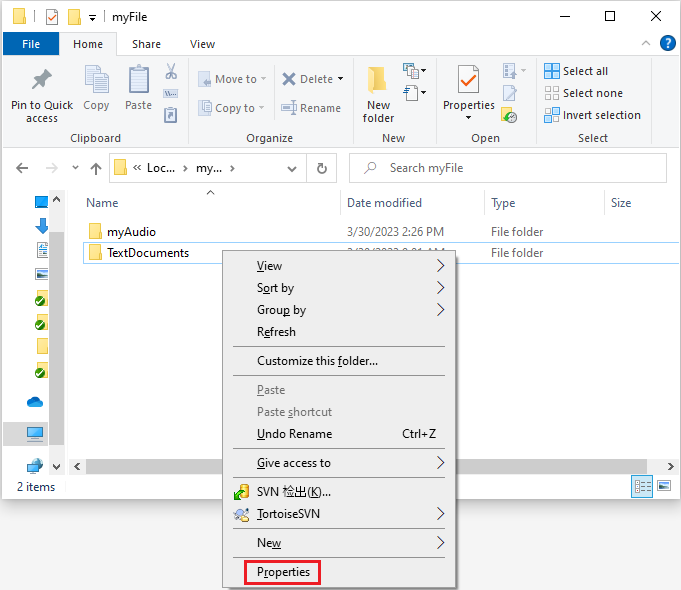
Step 2: In the General tab, check Hidden and click Ok to make it effect.
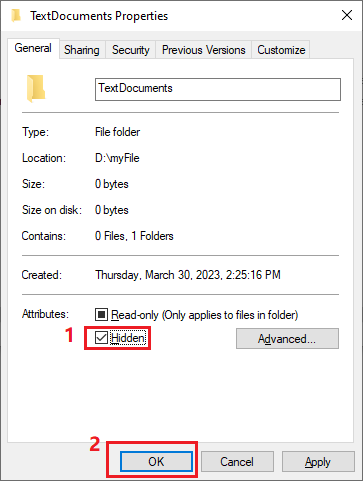
Now your folder is invisible.
If you want to view the folder, just click View above the folder and tick Hidden items, and you will find the hidden files is showing up.
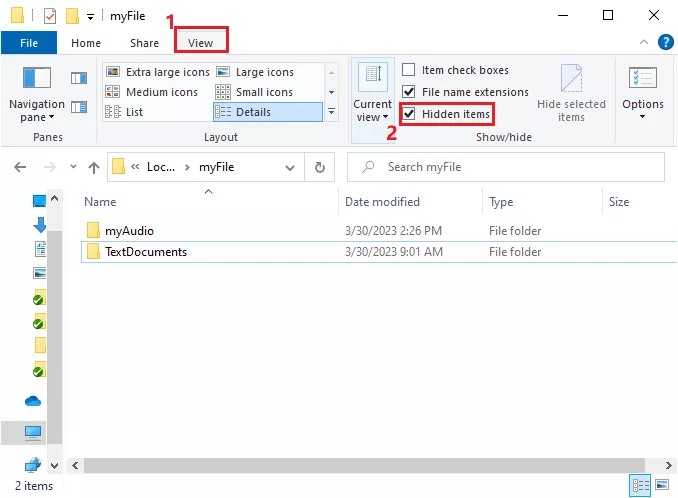
Hidding folder, however, for people who have a knowledge of computer technology, it is still very easy to be viewed, but the general public will not deliberately do that.
Method 2: Set extract password for video encryption
Many extract tools allow you to set a password for unzipping. I use WinRAR and we can compress folder with password. For this method, you should download this software from its official website.
Step 1: Right-click on the video folder, select Add to archive.
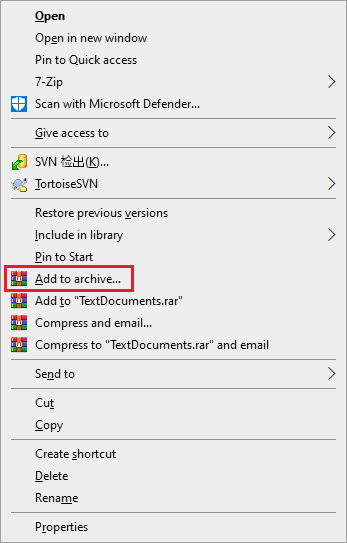
Step 2: In the dialogue box, click Set password.
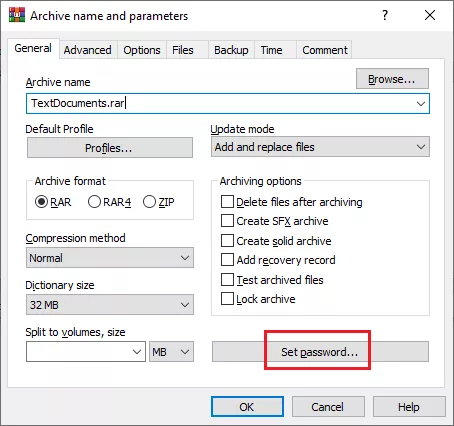
Step 3: Enter the same password twice and click Ok. When return to the previous page, click Ok again.
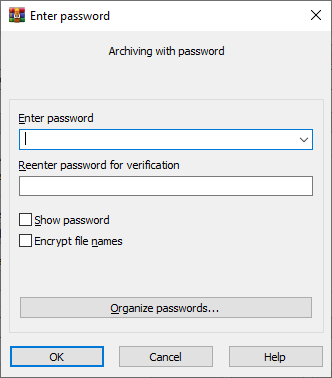
Now the folder is an archive that only the correct password can extract it.
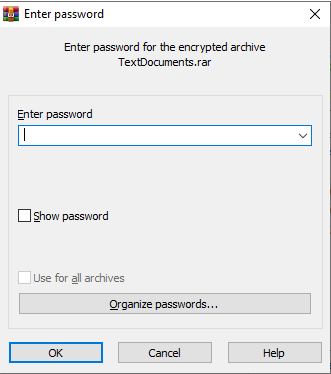
Method 3: Encrypt your video files by setting user permissions
To protect your files, actually, Windows offers a built-in function of user permissions, let's look at the practical operation.
Step 1: Similar to method1, right-click the folder and select Properties but switch to Security tab, and then click Edit.
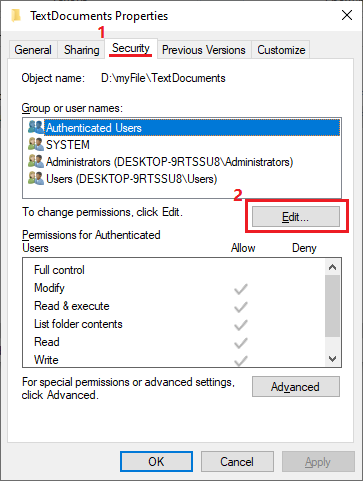
Step 2: In the Deny column, check all the options, and then click Ok to complete it.
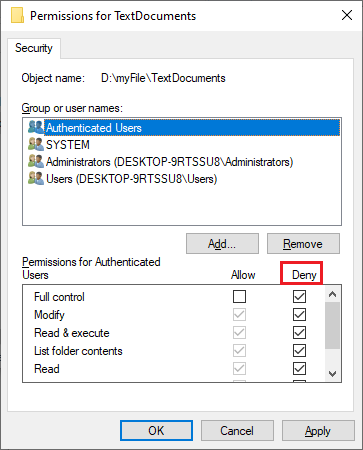
When you click on this folder again, you will be prompted that "You don't have permission to access this folder". Unfortunately, you are given the solution to open the folder if you click Continue.
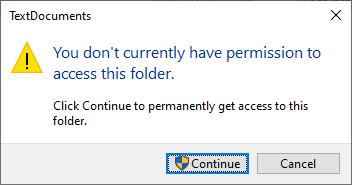
Method 4: Disguise your folder
You just need to add ".{20d04fe0-3aea-1069-a2d8-08002b30309d}" to the end of folder's name.
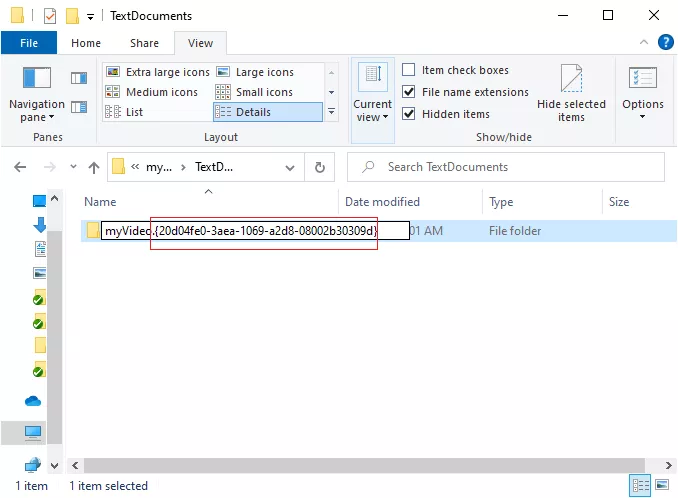
Then, its icon will become the same as My PC, once you click it you will enter to the File Explorer, and your folder is hidden perfectly. Furthermore, you can place it in Desktop and rename it.
If you want to view the folder, launch WinRAR and navigate to its location. After that, you just need to right-click on it and remove the string you added before, and the folder will return to normal icon.
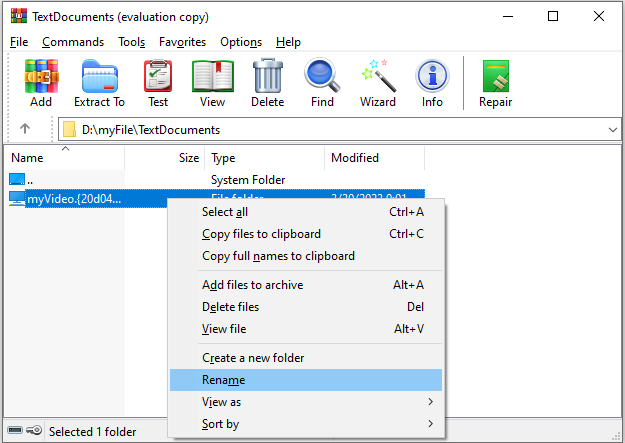
Method 5: Protect files through professional encryption software
Using professional encryption tool is an optimal way that I recommend, which it can protect your video files to the maximum extent and it is convenient for user to operate.
SafeFile Genius, a robust and versatile file encryption tool, features high security with advanced algorithm. Not only can you set a password for a file but also you can change its icon, which will not be identified easily.
Step 1: Download and install SafeFile Genuis, then launch it.

Step 2: Click Encrypt in the Home page.
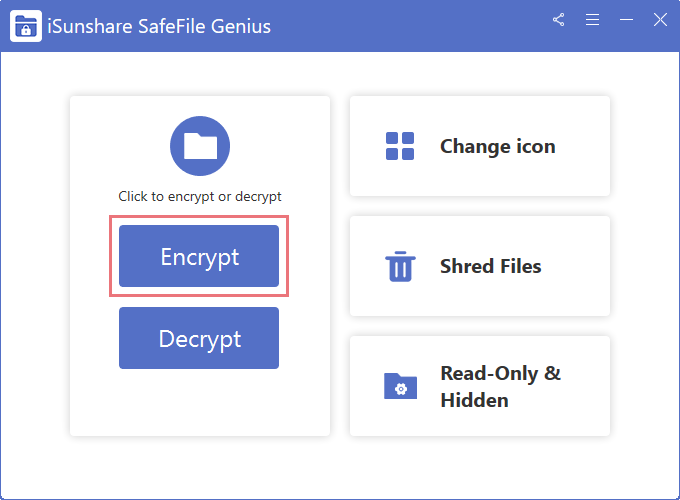
Step 3: You can click the left button to select a folder or click the right button to select a file, then click Next to go on.
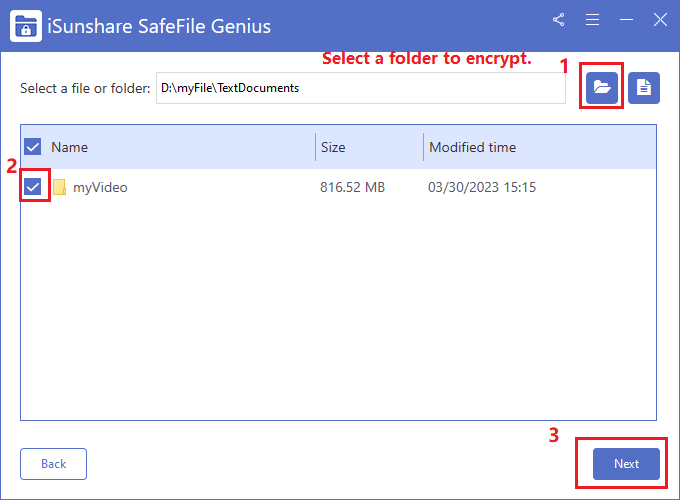
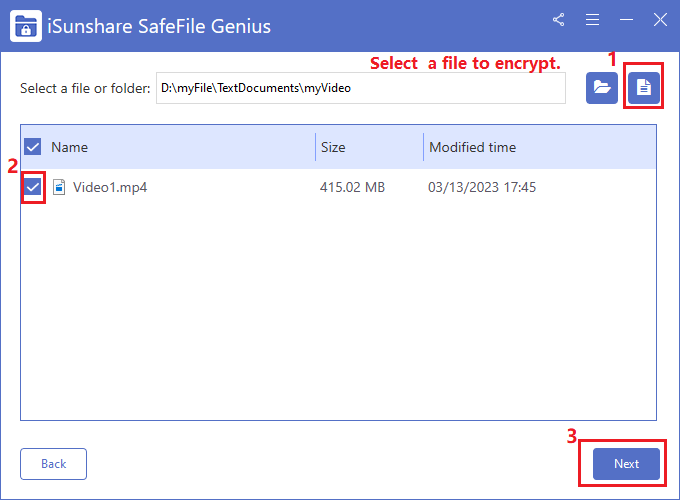
Step 4: After selecting files or folders, you need to set a password of at least 6 characters and confirm it for the second time. Then click Encrypt button to start encrypting.
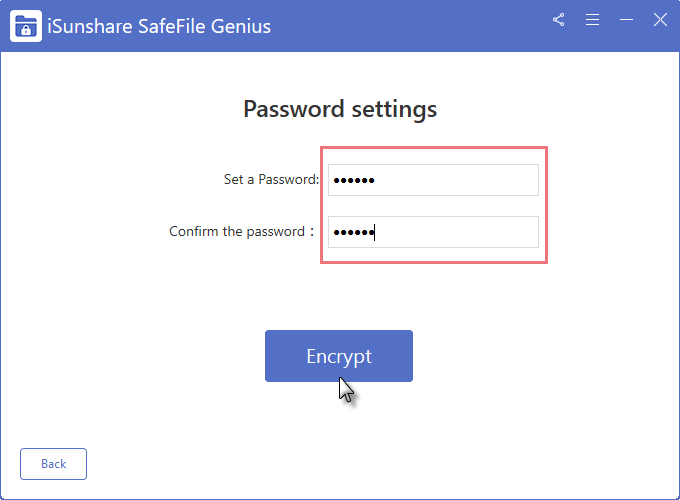
Step 5: Soon later, an inaccessible file will be created from the original file, which is the encrypted file. During encryption, SafeFile Genius won't delete the original and unencrypted file, but you can choose to delete it by yourself.
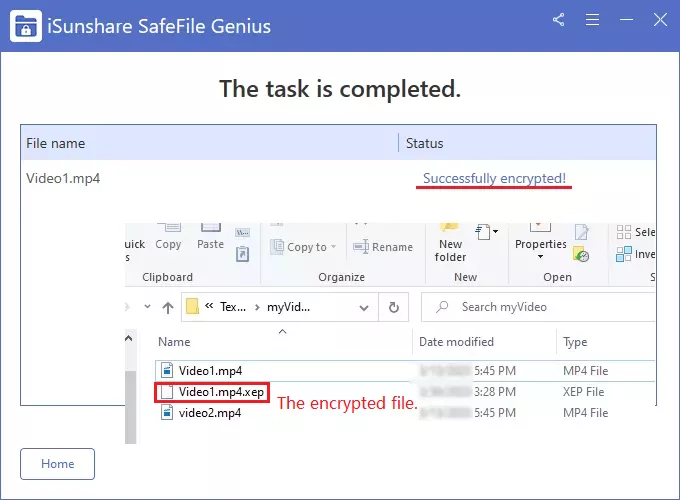
Note: If you want to recover it, click Decrypt in the home page.
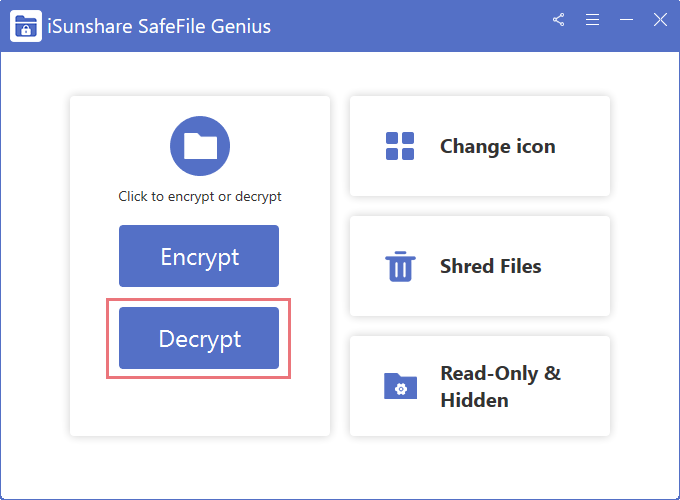
For changing file's icon, you can click Change icon in the interface.





